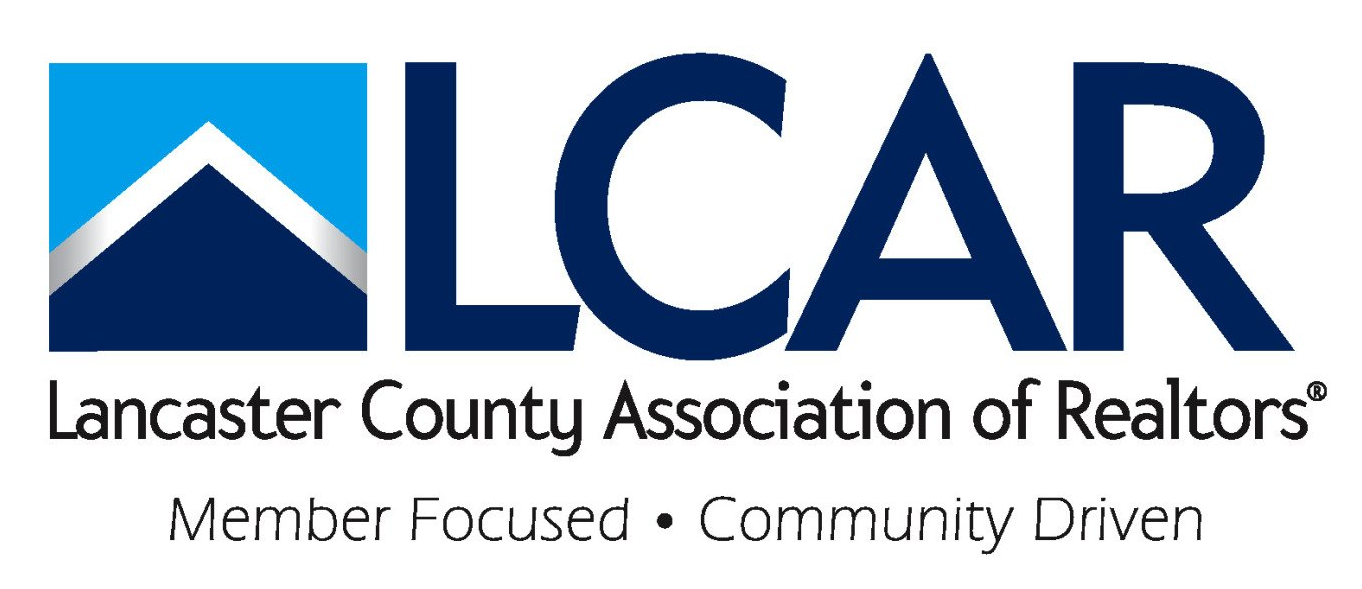Carbon Monoxide


Carbon monoxide (also called by its chemistry abbreviation, “CO“) is a byproduct of burning fossil fuels. Carbon monoxide is called the “Silent Killer” as it has no odor, taste, or other real indication that it is accumulating in your home. Carbon monoxide (CO) and carbon dioxide (CO2) are different, as both are chemical compounds but carbon dioxide has an extra oxygen atom. When you exhale, you are releasing carbon dioxide (CO2). Incidentally, plants inhale carbon dioxide and exhale oxygen.
Exposure to carbon monoxide can present as flu-like symptoms and can be deadly if exposure is long enough or at high enough concentrations. We occasionally hear of people running generators in their homes and then being found dead. I’ve also heard of faulty furnace, boiler, and water heater installations that have lead to deaths. In most cases, these deaths are traced directly to carbon monoxide exposure and, in almost all cases, could have been prevented. According to the Environmental Protection Agency (EPA), carbon monoxide (CO) is the most common cause of poisoning death in the US.
Any appliance or system that burns fossil fuels (such as gasoline, wood, natural gas, propane, fuel oil, charcoal, or kerosene) can generate dangerous levels of carbon monoxide under certain circumstances. Carbon monoxide can build up in places that are enclosed or simply have limited ventilation. Even if your home has no fossil fuel appliances, an attached garage or even a car parked in a driveway could allow carbon monoxide entry into the home. That is why all homes need a carbon monoxide detector.
Exposure to low levels of CO can cause mild headaches, feelings of fatigue, nausea, dizziness, and/or shortness of breath. Prolonged exposure to mild levels or even short exposure to very high levels can lead to loss of consciousness or death.
All fossil fuel appliances should be professionally serviced at least annually. This means furnaces, water heaters, boilers, fireplaces/chimneys, wood/coal stoves, gas clothes dryers, etc. A chimney that vents a water heater, furnace, boiler, or fireplace and is even partially blocked by debris or an animal/bird nest, can lead to the dangerous exhaust gases possibly re-entering the home. This is one reason why I recommend a level 2 clean/service be performed by a qualified professional on all chimneys.
If multiple members of your family feel ill at the same time while inside a building, this may indicate high levels of carbon monoxide. Pets will also be affected by carbon monoxide exposure, sometimes more than humans.
Besides an annual professional check-up of your home’s fossil fuel appliances, something else that you can do to help protect your family is to install one or more carbon monoxide detectors in your home. The current building code in PA (IRC 2018) requires carbon monoxide detectors be installed outside all sleeping areas (aka ‘bedrooms’). Carbon monoxide detectors typically cost between $20 and $60 and can be purchased at just about any hardware store or large retailers. Like smoke detectors (which have an approximate 10 year useful life), carbon monoxide detectors don’t last forever. Older units typically had a useful life of approx. 5~7 years and more newer units are good for about 10 years. If you have a carbon monoxide detector in your home and it’s more than 7~10 years old, it may not be providing any protection to your family. It needs to be replaced now. In my home inspection travels, I regularly find smoke and carbon monoxide detectors that are way more than 10 years old and should have been replaced years ago. Remember, pressing the TEST button on a smoke or carbon monoxide detectors only confirms that the unit is powered, NOT that the smoke or carbon monoxide detector will reliably work when you need it to. The interior sensors in these units decay over time (approx. 10 years).
Carbon monoxide is a health hazard because, once it’s inhaled, it combines with the oxygen carrying hemoglobin in the blood to form carboxyhemoglobin (COHb). This prevents needed oxygen from getting to your body’s organs, such as your brain.
Carbon monoxide exposure is generally measured in terms of parts per million (aka ppm). A CO exposure to 35 ppm over 8 hours is the maximum exposure allowed by OSHA (Occupational Safety and Health Administration). Just 2 hours of exposure to CO at 200 ppm can lead to fatigue, headaches, nausea, and dizziness. 2 hours of CO exposure at 800 ppm can lead to unconsciousness or death. Over 1,000 ppm CO exposure for 20 minutes or less can lead to death. As you can see, it is critical that if you are exposed to carbon monoxide that you act quickly. This means moving to fresh exterior air and calling 911.
Minutes can be the difference.
Facts, opinions and information expressed in the Blog represent the work of the author and are believed to be accurate, but are not guaranteed. The Lancaster County Association of Realtors is not liable for any potential errors, omissions or outdated information. If errors are noted within a post, please notify the Association. Posts represent the author's opinion and are not necessarily the opinion of the Association.










